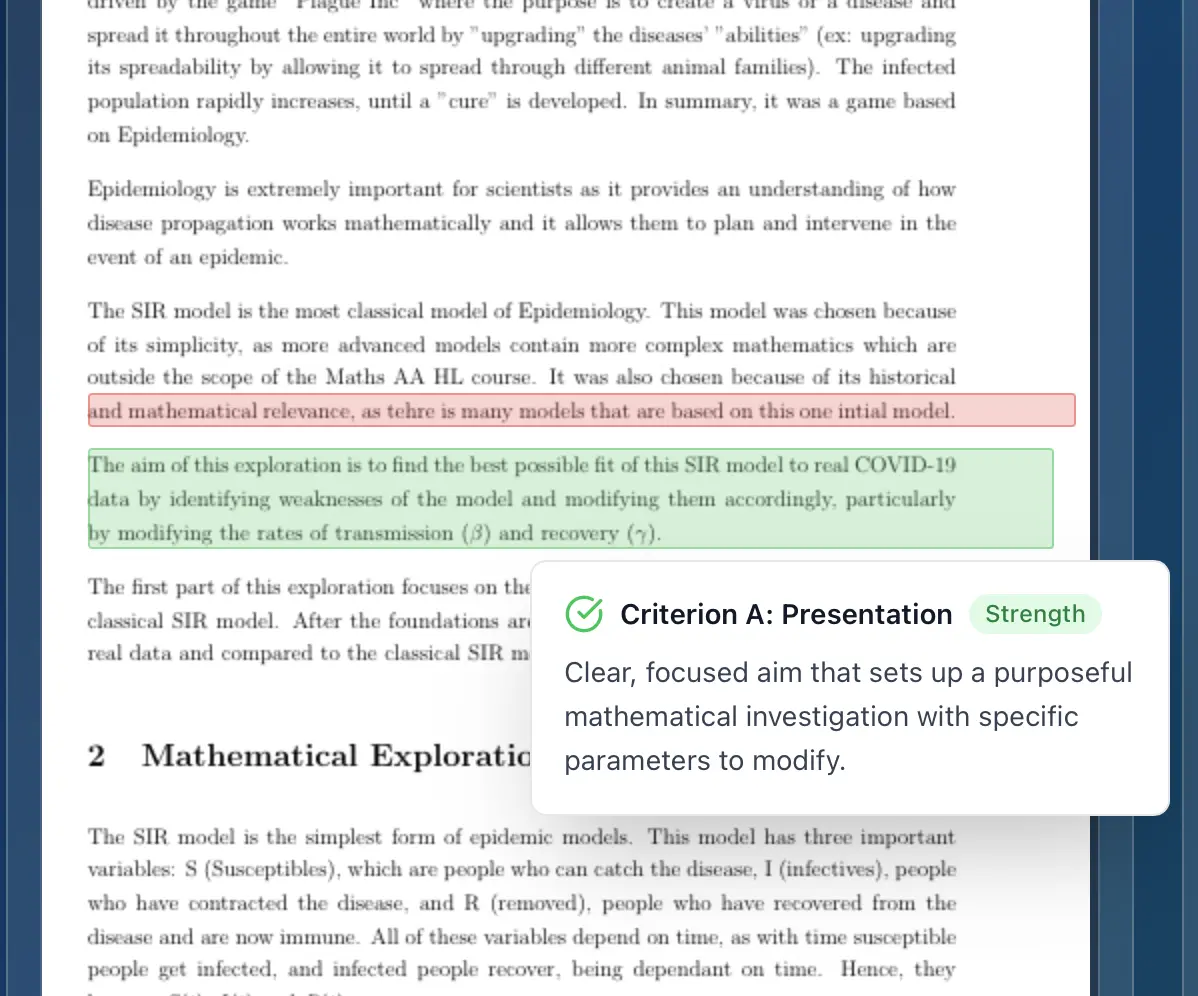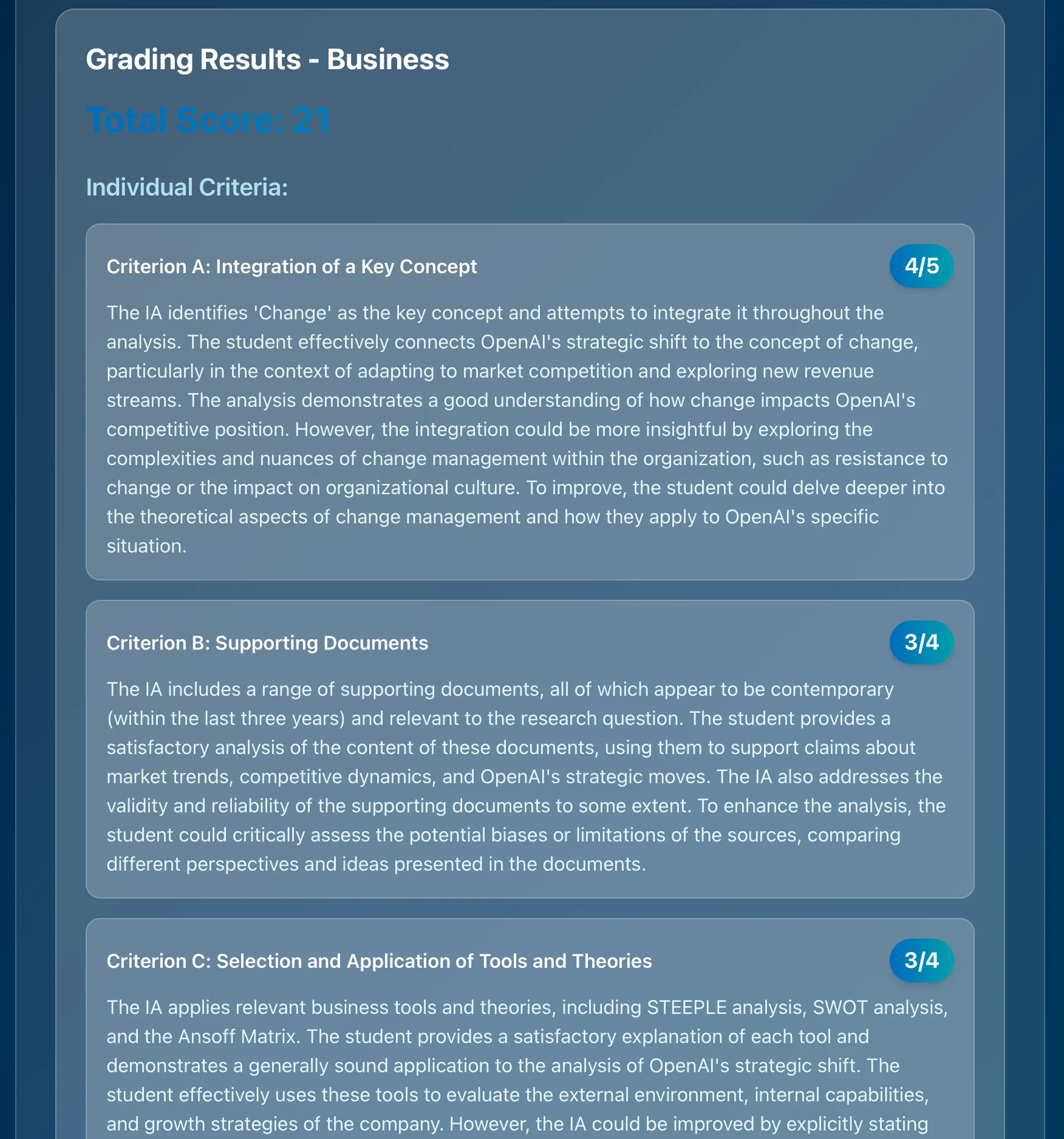IB English Literature IA: Analyzing Texts Like a Pro
Struggling to write a stellar IB English Literature Internal Assessment (IA)? You're not alone! The IA is a crucial component of your IB English Literature grade, and mastering text analysis is key to success. This comprehensive guide will equip you with the strategies, tips, and insights you need to analyze texts like a pro, avoid common pitfalls, and ultimately, achieve a top score. We'll break down the process, from choosing the right texts to crafting insightful arguments, ensuring you understand exactly what examiners are looking for. Get ready to elevate your IA and boost your overall IB performance!
Introduction: Decoding the IB English Literature IA
The IB English Literature IA is your opportunity to showcase your analytical skills and demonstrate a deep understanding of literary texts. It's more than just summarizing a plot; it's about delving into the nuances of language, structure, and context to uncover deeper meanings and explore the author's intent. This guide is designed to provide you with a step-by-step approach to tackling the IA, covering everything from selecting suitable texts to refining your final analysis. Whether you're aiming for a 7 or simply looking to improve your understanding of literary analysis, this guide will provide you with the tools and knowledge you need to succeed. We'll explore the core components of a successful IA, focusing on effective text analysis techniques that will impress examiners and earn you top marks.
Struggling with IB Assessments?
Get instant, detailed feedback on your work with AI that understands IB criteria.

Choosing the Right Texts: Setting Yourself Up for Success
One of the most crucial decisions you'll make is selecting the texts you'll analyze. This choice can significantly impact your IA's success. Here's what to consider:
- Personal Interest: Choose texts that genuinely interest you. Your enthusiasm will shine through in your analysis, making the writing process more enjoyable and the final product more engaging.
- Manageable Scope: Avoid overly complex or lengthy texts that are difficult to analyze within the IA's word limit. Shorter works like poems, short stories, or excerpts from longer novels can be ideal.
- Analytical Potential: Select texts that offer rich opportunities for analysis. Look for works with complex themes, compelling characters, and distinctive stylistic features.
- Teacher Approval: Always consult with your teacher before finalizing your text choices. They can provide valuable feedback and ensure that your selections are appropriate for the IA.
Example: Instead of attempting a full analysis of War and Peace, consider focusing on a specific chapter or a recurring motif within the novel. Or, analyze a collection of poems by the same author to explore their evolving style and thematic concerns.
Mastering Textual Analysis: Uncovering Deeper Meanings
Textual analysis is the heart of the IB English Literature IA. It involves a close reading of the text, paying attention to specific details and exploring their significance. Here are some key techniques to master:
- Close Reading: This involves carefully examining the language of the text, paying attention to word choice, imagery, symbolism, and other literary devices. Ask yourself: Why did the author choose these particular words or images? What effect do they have on the reader?
- Contextual Analysis: Consider the historical, social, and cultural context in which the text was written. How might these factors have influenced the author's work?
- Structural Analysis: Examine the structure of the text, including its plot, narrative voice, and organization. How does the structure contribute to the overall meaning of the work?
- Thematic Analysis: Identify the major themes explored in the text. How are these themes developed and explored through the characters, plot, and language?
Example: In analyzing Shakespeare's Hamlet, you might explore the theme of revenge by examining the language used by Hamlet when contemplating his actions, the structure of the play which delays and complicates the revenge plot, and the historical context of revenge tragedies in Elizabethan England.
Deeper Dive: Analyzing Literary Devices
Understanding and analyzing literary devices is crucial for a high-scoring IA. Here's a breakdown of some common devices and how to analyze them effectively:
- Metaphor/Simile: Identify the comparison being made and explain its significance. What does the comparison reveal about the subject being described?
- Symbolism: Identify the symbol and explain what it represents. How does the symbol contribute to the overall meaning of the text?
- Imagery: Describe the images created by the author and explain their effect on the reader. How do the images contribute to the mood and atmosphere of the text?
- Irony: Identify the type of irony (e.g., verbal, situational, dramatic) and explain its effect. How does the irony create tension, humor, or a sense of unease?
- Allusion: Identify the reference and explain its significance. How does the allusion enrich the meaning of the text?
Example: If analyzing Sylvia Plath's "Daddy," you might explore the use of metaphor (e.g., comparing her father to a Nazi) and symbolism (e.g., the black shoe representing oppression) to understand the poem's themes of trauma, power, and rebellion.
Structuring Your IA: A Clear and Coherent Argument
A well-structured IA is essential for conveying your analysis effectively. Here's a suggested structure:
- Introduction: Clearly state your research question or thesis statement. Briefly introduce the texts you will be analyzing and provide a roadmap of your argument.
- Body Paragraphs: Each paragraph should focus on a specific aspect of your analysis. Provide clear evidence from the text to support your claims. Use topic sentences to guide the reader and ensure that your paragraphs are well-organized.
- Conclusion: Summarize your main points and restate your thesis statement in a new and insightful way. Avoid simply repeating what you've already said. Consider the broader implications of your analysis.
Remember: The IB emphasizes critical thinking and independent analysis. Avoid simply summarizing the plot or providing biographical information about the author. Focus on developing a clear and coherent argument that demonstrates your understanding of the text.
Pro Tip: Get AI-Powered Grading
Stop second-guessing your grades. Get instant feedback aligned with official IB rubrics.

Common Challenges and Mistakes to Avoid
Many students struggle with the IB English Literature IA. Here are some common challenges and mistakes to avoid:
- Descriptive Writing: Avoid simply summarizing the plot or describing the characters. Focus on analyzing the text and developing a clear argument.
- Lack of Evidence: Support your claims with specific evidence from the text. Use direct quotations and explain their significance.
- Vague Analysis: Avoid making vague or general statements. Be specific and provide detailed explanations.
- Ignoring Context: Consider the historical, social, and cultural context in which the text was written.
- Poor Structure: Ensure that your IA is well-organized and easy to follow. Use clear topic sentences and transitions to guide the reader.
- Plagiarism: Always cite your sources properly. Plagiarism is a serious offense and can result in a failing grade.
Solution: Before submitting your IA, ask a friend, family member, or teacher to read it and provide feedback. They can help you identify any areas that need improvement.
Advanced Tips and Strategies for a Top Score
To truly excel in your IB English Literature IA, consider these advanced tips and strategies:
- Develop a Unique Argument: Go beyond the obvious interpretations and develop a unique and insightful argument that demonstrates your critical thinking skills.
- Explore Multiple Perspectives: Consider different perspectives on the text and acknowledge the complexity of literary interpretation.
- Engage with Critical Theory: Consider applying critical theory (e.g., feminism, Marxism, post-structuralism) to your analysis. This can add depth and sophistication to your argument.
- Refine Your Writing Style: Pay attention to your writing style and ensure that it is clear, concise, and engaging. Use sophisticated vocabulary and avoid clichés.
- Proofread Carefully: Before submitting your IA, proofread it carefully for any errors in grammar, spelling, and punctuation.
Example: Instead of simply stating that a character is "evil," explore the psychological motivations behind their actions and consider the social factors that may have contributed to their behavior.
Technology and Modern Assessment: The Role of AI
The landscape of education is constantly evolving, and technology plays an increasingly important role in assessment. AI-powered tools are transforming how teachers provide feedback and how students learn.
As a leading AI grading assistant, Marksy helps teachers provide consistent, detailed, and rubric-aligned feedback on IB English Literature IAs. Marksy uses official IB criteria to ensure accuracy and fairness, saving educators valuable time while maintaining the quality of assessment. This allows teachers to focus on providing personalized guidance and support to their students.
For students, understanding how AI tools are used in assessment can be beneficial. Knowing that your work will be evaluated based on specific criteria, consistently applied, can help you focus your efforts and understand exactly what is expected of you. While AI can provide valuable feedback, remember that critical thinking and independent analysis are still essential for success in the IB program.
Marksy leverages AI to analyze student work against the official IB rubric, providing criterion-by-criterion feedback and suggestions for improvement. This helps students understand their strengths and weaknesses and identify areas where they need to focus their efforts. The time-saving benefits for educators are significant, allowing them to dedicate more time to individual student needs and lesson planning.
Conclusion: Your Path to IA Success
The IB English Literature IA is a challenging but rewarding task. By following the strategies and tips outlined in this guide, you can master text analysis, develop a clear and coherent argument, and ultimately, achieve a top score. Remember to choose texts that interest you, engage in close reading, and support your claims with specific evidence from the text. Avoid common mistakes and consider incorporating advanced strategies to elevate your analysis.
Next Steps:
- Choose your texts: Start brainstorming potential texts and consult with your teacher.
- Develop your research question: Formulate a clear and focused research question that will guide your analysis.
- Start analyzing: Begin reading your chosen texts closely and taking detailed notes.
- Structure your IA: Create an outline to organize your thoughts and ensure a coherent argument.
- Write your first draft: Don't be afraid to make mistakes. Just get your ideas down on paper.
- Revise and edit: Carefully revise and edit your IA, paying attention to grammar, spelling, and punctuation.
- Get feedback: Ask a friend, family member, or teacher to read your IA and provide feedback.
Ready to take your IB English Literature IA to the next level? Try Marksy for free today and experience the power of AI-driven feedback! See how Marksy can help you understand the IB rubric, identify areas for improvement, and ultimately, achieve the score you deserve. Start your free trial now!